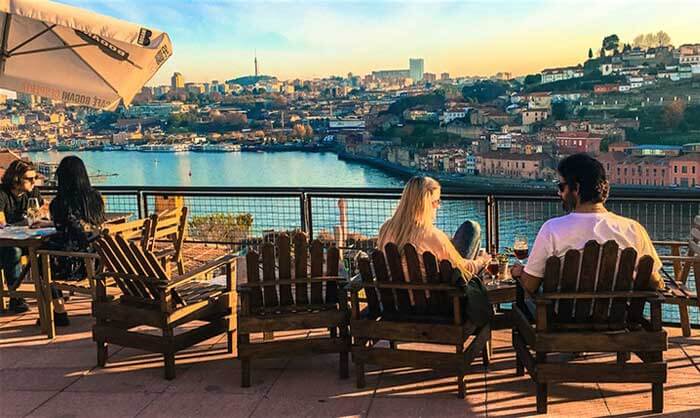Introduce yourself in European Portuguese
Olá! Today we will learn how to greet, identify people, introduce yourself and say goodbye. We will also learn the days of the week and some grammar. This is the first lesson of our extensive course. Verb “chamar-se” The first verb we learn in our course A1 (module 1) is the verb CHAMAR-SE (singular) … Ler mais





